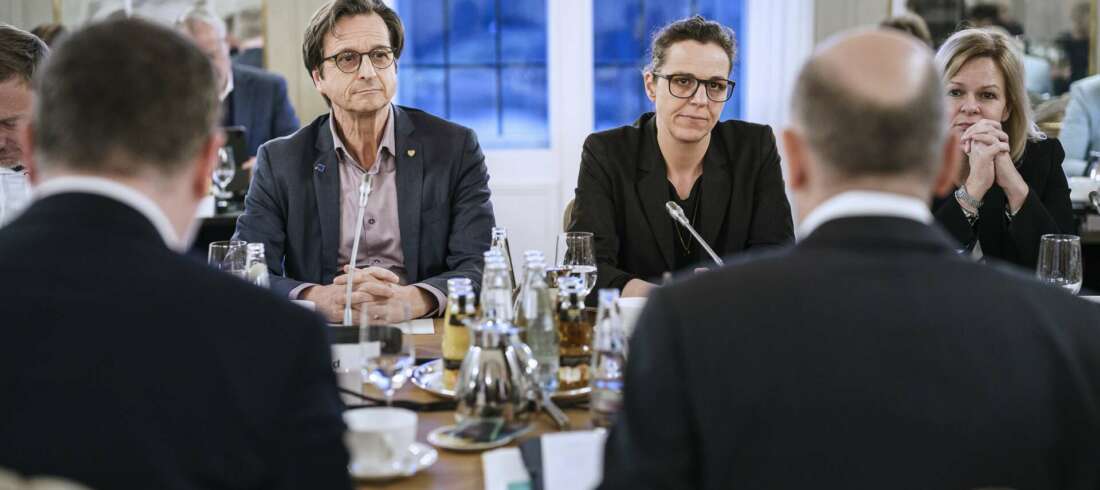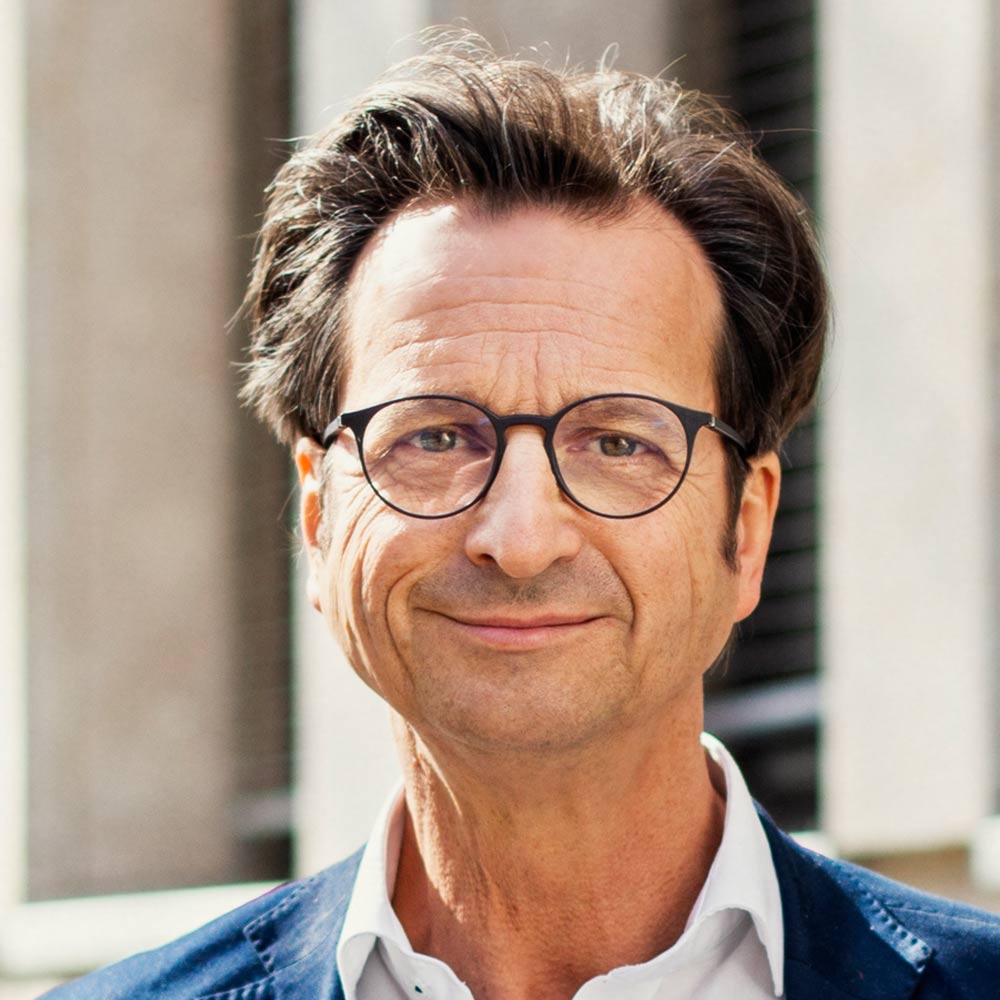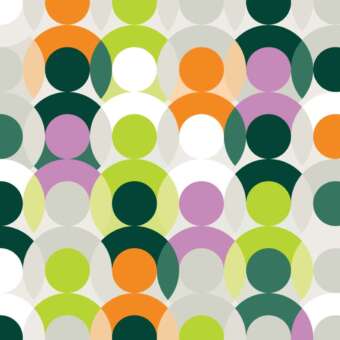Stephan Grünewald discusses insights from rheingold research with the federal government
The interview appeared in the Kölner Stadt-Anzeiger on March 16, 2023.
Mr. Grünewald, you were invited by the chancellor to discuss the topic of "turning times and confidence" with the cabinet. What current findings does rheingold research have on this topic?
The turn of the times has not yet taken place in people's minds. There has been neither a phase of mourning for the past nor a visionary orientation toward a new era. So, psychologically speaking, we are in an aftermath. We perceive in our studies a strong present orientation. People hope that their accustomed lives will continue for a while. And instead of a visionary look ahead, people prefer to look in the rearview mirror. Keyword: retro trend.
But the fact that life is changing can be felt everywhere.
And the government is trying to mitigate the consequences. The double whammy is, so to speak, the counter-magic to the turn of the times. Nevertheless, people are in resignation mode in the face of the dense succession of crises. They feel powerless and at the mercy of others, trust in politics and Germany as a business location is eroding, and irritability is on the rise. Life feels like Russian roulette: So far, with the crisis gun to the temple, every time the trigger has been pulled, things have gone well. But this increases the fear that the next time the cartridge will be in the cylinder, and the game will be over.
And then?
As a consequence, people are withdrawing their great desires for life and are already content if - loosely based on Karl Lauterbach - it takes a mild course.
After the described diagnosis, what do you have as a therapy suggestion?
Confidence essentially needs three things. First and foremost - and this is already in the word itself - a view, a target perspective. In a situation as complicated as the current one, policymakers should at least define a few small milestones, if they shy away from the grand master plan because it might not work out.
What might those goals be?
In the energy crisis, for example, this has already worked out quite well with the savings targets, because individuals felt they could make their contribution through personal behavior. Incidentally, this kind of civic self-empowerment is also a second decisive factor for confidence: people want to be involved, want to experience their own ability to act in the crisis. The government should have appreciated that quite differently.
But it has not?
Could you say why we got through the winter reasonably smoothly? Was it the LNG terminals? The individual waiver? Or just the mild temperatures after all? The government left that too much in the vague and abstract. When the government tries to simply moderate the problems away like this, it weakens individual self-confidence. This lack of self-confidence is then projected back as distrust of politics - and the result is growing dissatisfaction.
"Abstract moderating away," you say. Do you also mean the huge sums the government is allocating to dampen the effects of the crisis?
No. It would be fatal if the state simply accepted the enormous burdens, some of which threaten the very existence of the state. Politics has an almost parental responsibility here: It must safeguard the overall structure, just as parents do in the family. But that doesn't mean that the children don't help with the drying or cleaning up. Applied to the situation in society: in our in-depth interviews, we very often hear the amazement of the better-off that they, too, benefit from the gas price brake. "Actually, nonsense. I could handle that, couldn't I?" This, too, speaks to the desire to contribute to crisis management. The art of governing, then, is to cushion the burdens in a socially acceptable way while at the same time stimulating personal initiative and solidarity.
However, self-efficacy and initiative are likely to be difficult to implement, for example, in the case of the Russian war of aggression and its consequences. People here in Germany have no influence on the events of the war.
On the contrary, psychologically speaking, the power to shape things is enormous here in particular. Expressions of this are the great willingness to donate, the acceptance of refugees, the solidarity demonstrations.
You spoke of three generators of confidence. What is the third?
The "we" feeling, the impression of unity. It starts with the government. A sense of disunity among the coalition partners and their ministers creates a cacophonous limbo that puts the urgency of the crisis into perspective and in turn costs trust.
The interview was conducted by Joachim Frank





